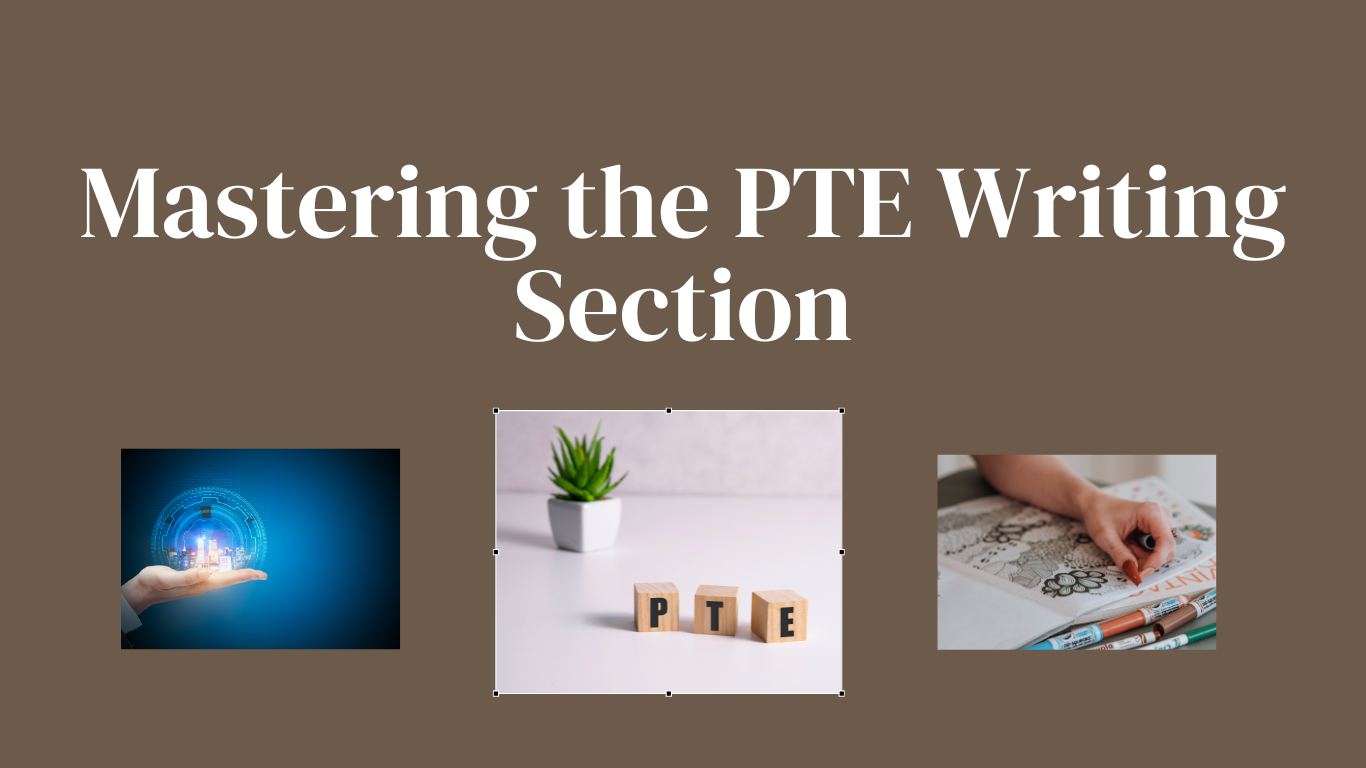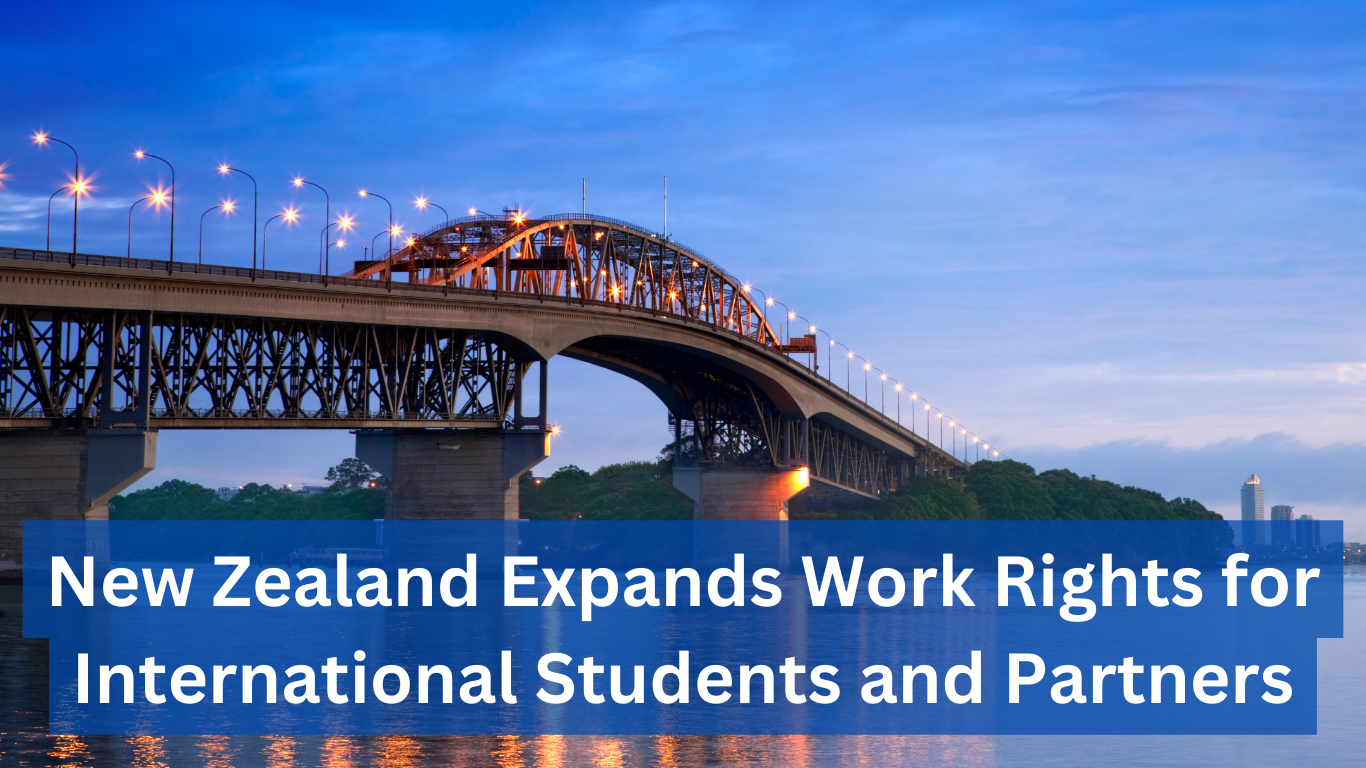Finding student accommodation in Australia may seem daunting, but with careful planning and research, you can find a comfortable and suitable place to live. Let’s explore ways to find student accommodation in Australia in this blog.
Student accommodation in Australia
Studying in Australia is an exciting adventure that promises a world-class education, diverse cultural experiences, and breathtaking landscapes. Before you can begin this new chapter of your life, finding the right student accommodation is one crucial aspect you need to address. Navigating the Australian housing market can be challenging, especially for international students. This blog will walk you through the ins and outs of finding suitable student housing in Australia, ensuring your transition to student life in Australia is as smooth as possible.
Types of student accommodation
Australia offers a variety of accommodation options tailored to students’ needs and preferences. Understanding these options will help you make an informed decision-
- On-campus accommodation- Many Australian universities offer on-campus accommodation, ranging from dormitories to apartment-style living. Living on campus can be convenient, as it places you right at the heart of university life. However, there can be a limit to availability, and prices may vary.
- Off-campus shared housing- Renting a house or apartment with other students is a popular choice. It allows you to split costs and often provides more independence. You can also check websites to find suitable accommodation listings.
- Homestays- Living with an Australian family can be an excellent way to understand the local culture and practice your English skills. Homestays typically include a furnished room, meals, and a supportive environment.
- Purpose-built student accommodation (PBSA)- PBSAs are privately-owned buildings designed specifically for students. They often come with a range of amenities, including communal areas, gyms, and study spaces. While they can be more expensive, they offer a convenient and comfortable living experience.
- Hostels- In the initial days of your arrival, you might consider staying in hostels. They are budget-friendly and provide temporary accommodation while you search for a permanent place to stay.
Budgeting and costs
Creating a comprehensive budget is essential when searching for Accommodation in Australia for international students. The key expenses to consider include rent, which can vary significantly based on location and accommodation type. If you’re living off-campus, utilities such as electricity, gas, water, transportation costs, groceries, meals, and eating out can be expensive.
Plan accordingly for internet and phone plans for staying connected and managing your studies, miscellaneous expenses like textbooks and health insurance, and initial costs such as the security deposit (bond) and upfront rent. Remember to explore student discounts and financial assistance opportunities, consider roommates for shared accommodation cost savings, and utilize budgeting tools to manage your finances effectively. Costs can differ greatly between cities, so thorough research and tailored budgeting are crucial for finding affordable Accommodation in Australia for international students.
Choosing the right location
When selecting the location for your accommodation in Australia, consider several crucial factors. Proximity to your campus is the most important factor, especially if you opt for off-campus housing. Living close to your university or college can save you both time and money on transportation, making it a practical choice.
Safety is another vital consideration. While Australia is a safe country, considering the safety of the neighborhood you plan to live in is essential to ensure you feel secure in your surroundings.
Access to public transportation is crucial, particularly if you don’t have a car. Check if there are buses, trains, or trams nearby that can conveniently transport you to your campus and other essential destinations.
Amenities play a significant role in your daily life. Look for areas with easy access to grocery stores, banks, healthcare facilities, and other essential services. This can simplify your day-to-day tasks and errands.
Consider the cost of living, which can vary significantly between cities and regions in Australia. Ensure that your chosen location aligns with your budget and financial considerations.
Lastly, think about the type of community and lifestyle you desire. Some cities offer a bustling urban life with numerous entertainment options and cultural activities, while others provide a more relaxed, beachside atmosphere. Your preference for urban or coastal living, as well as your experiences with the local community, can greatly impact your overall experience while studying in Australia.
Searching for accommodation
Starting early is essential, particularly in popular student cities like Sydney and Melbourne. Accommodations can fill up quickly, so you should begin searching several months before your planned arrival. Utilize online resources, including dedicated websites and university accommodation portals, to find rental listings. These platforms provide a wealth of options and information to help you make an informed choice.
Join student groups and forums on social media or university websites. These communities often serve as platforms for students to post available rooms or seek potential flatmates. Connecting with other students can lead to valuable accommodation leads. In-person visits are highly recommended. While online photos provide a glimpse, visiting potential accommodations in person allows you to assess their condition, surroundings, and proximity to essential amenities. It’s a crucial step before committing to a lease.
If you’re considering purpose-built student accommodation, reading reviews from fellow students can provide insights into the living experience, including the quality of facilities and services. Understanding the lease terms and conditions is essential. Before signing any agreement, carefully review the lease to ensure you have clarity on all clauses and obligations. If you have any doubts, seek legal advice to clarify your rights and responsibilities.
By following these steps and staying proactive in your search, you can increase your chances of finding suitable student accommodation that meets your needs and preferences.
Securing your accommodation
Once you’ve found the right place, the next step is securing it. Here’s what you need to do-
- Prepare all necessary documents, such as identification, proof of enrollment, and references if required. Submit your application as early as possible.
- You’ll have to pay a bond when signing a lease, usually equivalent to one month’s rent. This is refundable at the end of your lease if there is no damage to the property.
- You must pay a month’s rent in advance.
- Carefully read the lease agreement and seek clarification on any terms you need help understanding. Ensure you agree with all the terms before signing.
- When you move in, it’s a good idea to document the property’s condition with an inspection report. This can help avoid disputes over the bond when you move out.
Key takeaways
- Understand the various accommodation options available in Australia, including on-campus, off-campus shared housing, homestays, purpose-built student accommodation (PBSA), and hostels.
- Create a comprehensive budget that covers rent, utilities, transportation, groceries, internet, and miscellaneous expenses. Remember to budget for initial costs such as bonds and rent in advance.
- Start your search early, utilize online resources, join student groups and forums, visit potential accommodations in person, and read reviews to find the right place.
If you found this blog informative and have more questions or need further assistance regarding admission to international courses, please share your thoughts in the comments section. Click here to contact our team for personalized guidance and support. We’re here to help you!









